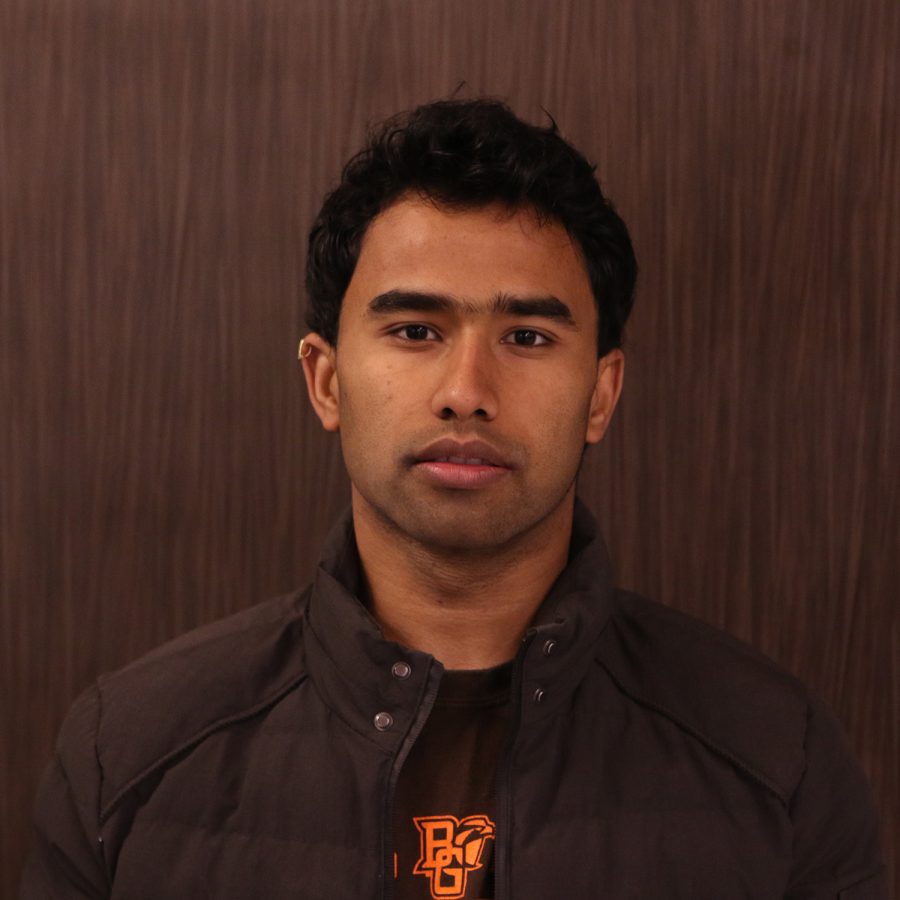In recent days I have traveled a lot, and the purpose of my travel is to know about the history, the culture and the social ecosystem of each destination that shapes its unique identity. This month, I traveled to three states in the South: Louisiana, Florida and Mississippi; I also traveled to Niagara Falls, Pittsburgh and some of the neighborhoods around Lancaster County in Pennsylvania.
I never knew about the Amish people until one fine morning, I saw an Amish family having breakfast at McDonald’s in Pennsylvania. I didn’t know about the Louisiana Purchase and its significance in American history until I visited the city of New Orleans.
Traveling is not just a way to refresh our mind. It is also a phenomenon to learn about a new community, culture and history. Had I not traveled, I would have never learned about the Amish faith, and I would have never learned about the Louisiana Purchase.
I believe in learning through observation, and to me, it is the core purpose of travel. One or two days of travel is not always enough to understand a certain place or culture. It takes months and even years to blend into that culture and understand it fully. It also demands an independent research and study.
With the advent of smartphones and electronic devices, travel has changed a lot over the past decade. These days, if you look around any place you visit, you can mostly see people busy with their smartphones. Rather than talking with the locals and getting the most authentic experience, people seem to rely more upon the information available on the Internet.
It is common to see people busy capturing the place in photographs and videos rather than getting a feel of that place through their senses. It seems as if the core purpose of the travel has changed to photography and videography rather than the appreciation of the aesthetics of the place.
To me, tourists and travelers are two different people. A tourist is a visitor, a spectator, someone who is in the audience. A traveler is more like a performer — someone who blends with the people of that culture and place and tries to broaden their understanding by exploring
historical and cultural perspectives. Tourists are the short-term visitors who want to consume their vacations, unlike travelers whose pursuits are beyond short-term amusement or refreshment.
Travelers take some time to talk with people, come out of their comfort zone, try new dishes and visit those areas normally deemed unsafe for a stranger. They are not worried about photographs — they are more worried about whether the place is going to affect their perceptions. For them, capturing the experience by heart is more important than capturing the experience in some physical medium.
Whenever I plan to travel, I always aim to become a traveler, but with all the modern-day devices and the desire for convenience, I often end up being a tourist.








